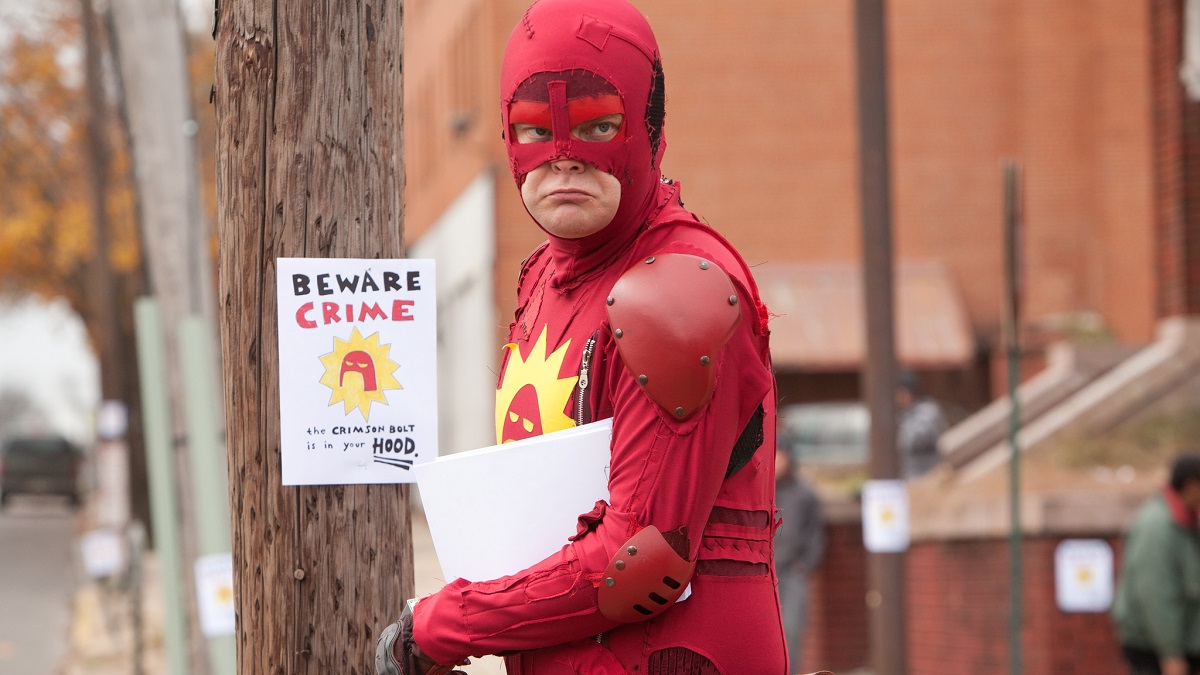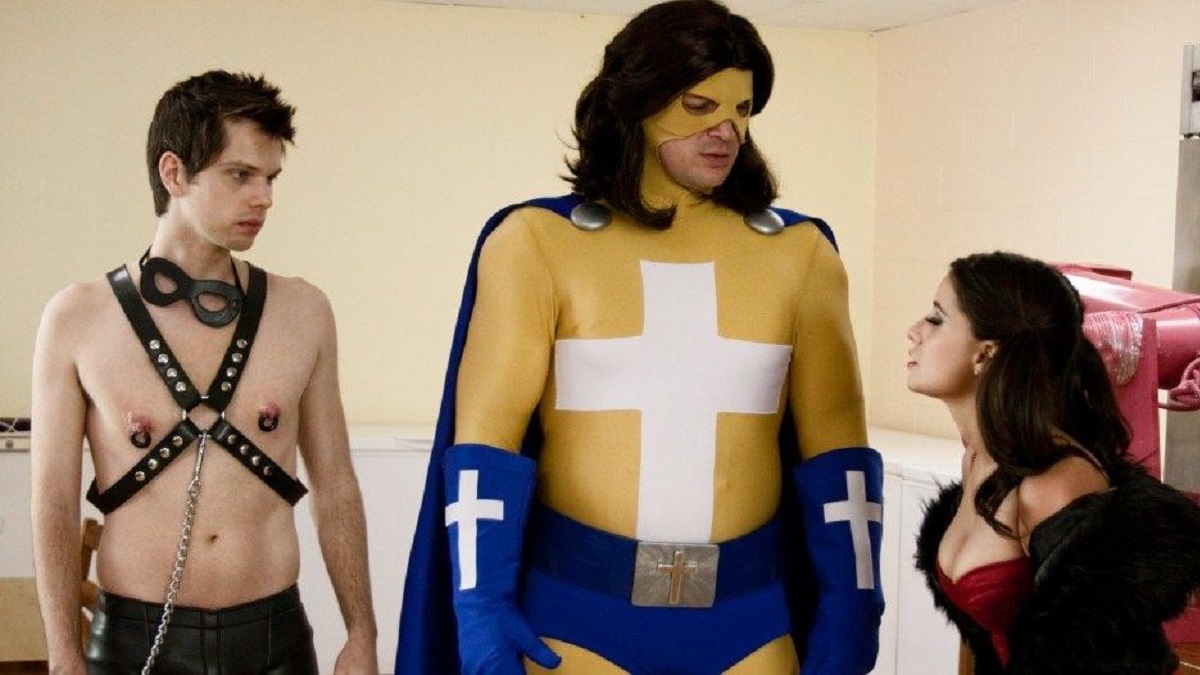Ever since James Gunn was appointed as the co-CEO of DC Studios, The Suicide Squad and its episodic spinoff Peacemaker have regularly been dredged up by the filmmaker’s detractors as “proof” that he isn’t suited for overhauling the flagging comic book franchise.
Both projects are R-rated, lean into grisly violence and foul-mouthed humor, and aren’t exactly reflective of the tone required to rehabilitate a largely family-friendly shared universe that has such heavy hitters as Batman, Wonder Woman, Superman, Aquaman, Green Lantern, and countless more at its disposal, but that’s neither here nor there.
The fact The Suicide Squad cratered at the box office and split opinion right down the middle is often used as a stick to beat Gunn’s contributions to the genre over the head with, without mentioning the Marvel Cinematic Universe’s Guardians of the Galaxy utilizing a lighthearted and offbeat approach that’s struck fear into the hearts of those who prefer the darkness and realism of the departed SnyderVerse.

Through it all, though, 2010’s Super rarely gets brought up. In fact, Brightburn enters the conversation more often because it’s basically a horror twist on Superman’s origin story, and Gunn only produced the cult favorite chiller. On the other hand, he wrote and directed the street-level vigilante tale that ended up bombing harder than The Suicide Squad, and found less favor among both critics and audiences.
Super couldn’t even crack $600,000 in ticket sales on a $2.5 million budget, while Rotten Tomatoes approval ratings of 49 and 56 percent from either side of the divide showcase that it wasn’t for everyone. No creative mind wants to be put in a box, but that doesn’t make it any less surprising that the failings of the forgotten revenge story have been left by the wayside as the anti-Gunn crowd desperately tries to find new ways to prove he’s going to fail at the helm of DC.

